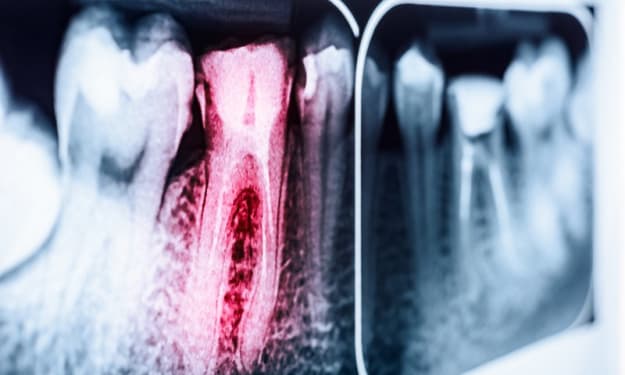
When you feel a strong, intimate connection with someone special, you may not necessarily be thinking about the impact it could have on your health. However, it's important to understand the risks and symptoms of potential trouble.
For instance, HPV is dangerous enough on its own, but what’s worse is that it has also been linked to other conditions. A prime example is the connection between HPV and oral cancer. While many associate smoking or drinking with oral cancer, it is thought that HPV is the cause of 70% of all oropharyngeal cancers (i.e., cancers of the back of the throat, such as the tongue and tonsils) in the United States.
What Is HPV?
HPV is short for “human papillomavirus.” It is a small DNA virus that is known to infect the skin as well as the wet surfaces of the body. There are more than 100 different types of HPV, which can potentially be transmitted from person to person via sexual contact. If the HPV infects the wet tissues inside your mouth, oral cancers can occur. Some infections are more severe than others; the most high-risk types of HPV are the ones that typically lead to cancer.
According to an ongoing study, roughly 26 million Americans on any given day have an oral HPV infection. What makes this especially alarming is that this number is likely to include an ever-growing number of young people; it’s estimated that about 7 million people ages 15 to 24 are infected with HPV every year. While the infection can pass without the individual even realizing they had it in the first place, the risk of oral cancer should never be dismissed.
Among patients with oral cancer, around 50% to 60% survive for more than five years after their diagnosis. The survival rate is much higher for those who have cancer caught while it’s still localized; if cancer has spread, the odds of survival fall drastically. In short, if HPV has led to oral cancer, it’s essential to have it diagnosed as soon as possible if you want to have the best chance of survival.
Symptoms of Oral Cancer
But how will you know that you have oral cancer? There are several possible warning signs that you might notice, such as lip or mouth sores that don’t heal, a white or reddish patch inside the mouth, loose teeth, unusual growths or lumps, mouth pain, ear pain, and difficulty swallowing. However, in many cases, patients don’t notice the symptoms on their own until cancer has already spread.
Importance of Early Detection
The most reliable way to have cancer diagnosed while it’s still localized is to visit the dentist every six months. Many dentists will perform an oral cancer screening as part of a regular checkup. Other specialists such as oral surgeons can also offer such services. Simply put, while checking the teeth and gums for signs of decay and disease, they will also keep an eye out for possible oral cancer symptoms.
If your dentist or oral surgeon finds a possible sign that you have oral cancer, they will let you know and help you make the arrangements for a biopsy to be performed. Once a diagnosis has been made, you can get the treatment you need to hopefully get your cancer under control before it does any lasting damage.
Preventing HPV and Oral Cancer
Crucially, if you are vaccinated against HPV, you can lower your risk for oral cancer and other related symptoms. Keep in mind, though, that if you already have HPV, a vaccine is not a substitute for actual treatment. If you see any symptoms, you should let a health professional know right away so that they can start making the necessary arrangements for your treatment.
In short, when it comes to HPV and oral cancer, being aware of the risks and symptoms is key. Your best strategy is to be proactive about seeking treatment once you have reason to think something’s wrong.





Comments
There are no comments for this story
Be the first to respond and start the conversation.